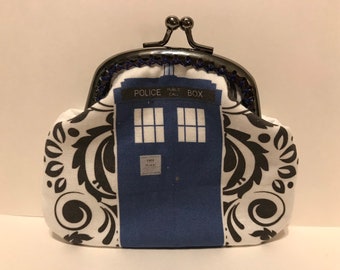

It means a lot to you when your partner engages in something you’re interested in.You don’t necessarily need your partner to fix anything. You just want to be heard and understood, especially on a bad day.A meaningful conversation means more to you than a bouquet of flowers.Your heart explodes when you witness your partner playing or giving undivided attention to your children.You feel frustrated when you’re talking to someone you love and they keep glancing at their phone.You dream about weekends away with only the people you love and no distractions.You appreciate it when your partner looks you in the eye while you talk about your day.

Your love language might be quality time if: Image by Anastasiya Pudova Photography Quality Time Love languages can be a valuable tool to get you there. This is a rich well of deep love that goes beyond the butterflies-it’s a love that sees and consistently sacrifices. That’s when the good stuff happens and everlasting love takes over. It’s hard to decipher what truly makes you feel loved when you’re on the receiving end of all of it!īut when true love passes, never fear. Staying up all night on the phone, holding hands in public, dropping by surprise gifts, booking weekends away, and more. When you first fall in love with someone, you’re more likely to speak your love loudly. This is especially true if your “true love” period is or has passed (according to Chapman’s observations, this expires on average within two years). Or at least take that next small step toward your greater purpose.Ĭhapman suggests that when we give love in a way that speaks the loudest to our partner and vice versa, we’ve unlocked the key to a long and healthy relationship. When your “love tank” is full, you can take on the world. But it truly clicked for me when Chapman notes the potential we can unlock in our partners when they are fully loved. On the surface, we all hope our partners feel loved by us. What is the benefit of knowing your love language? unpacks the concept he’s developed thanks to years of marriage counseling and studying linguistics. In the book, The Five Love Languages: The Secret to a Love That Lasts author Gary Chapman, Ph.D.

The five languages are the different ways you can receive and communicate love: namely through quality time, gifts, words of affirmation, acts of service, and physical touch. For this whole concept to really work, you must learn to speak your partner’s love language-aka, your secondary language. But these are simply not the actions that make him feel loved the most.Īnd that’s where the second step comes in. And yes, I did over-embellished a teeny bit above for the sake of example (he does care actually about the little things I do to help our home run smoothly). Yes, mine is acts of service and his is quality time. If you’re at all familiar with the five love languages, chances are you just guessed ours.īut knowing your primary love language is just the first step. Just last night, I caught him batting eyes at me as we sat on the couch, discussing our future plans. But when we sit down to discuss our schedules, our kids, how we’re feeling in our relationship, and so many more things in our weekly marriage meeting, he is totally invested. It matters not to him that I meal plan at the beginning of the week to take the guesswork out of dinner. My husband doesn’t really care that I report dutifully to my daily cleaning apps to keep a tidy home.


 0 kommentar(er)
0 kommentar(er)
